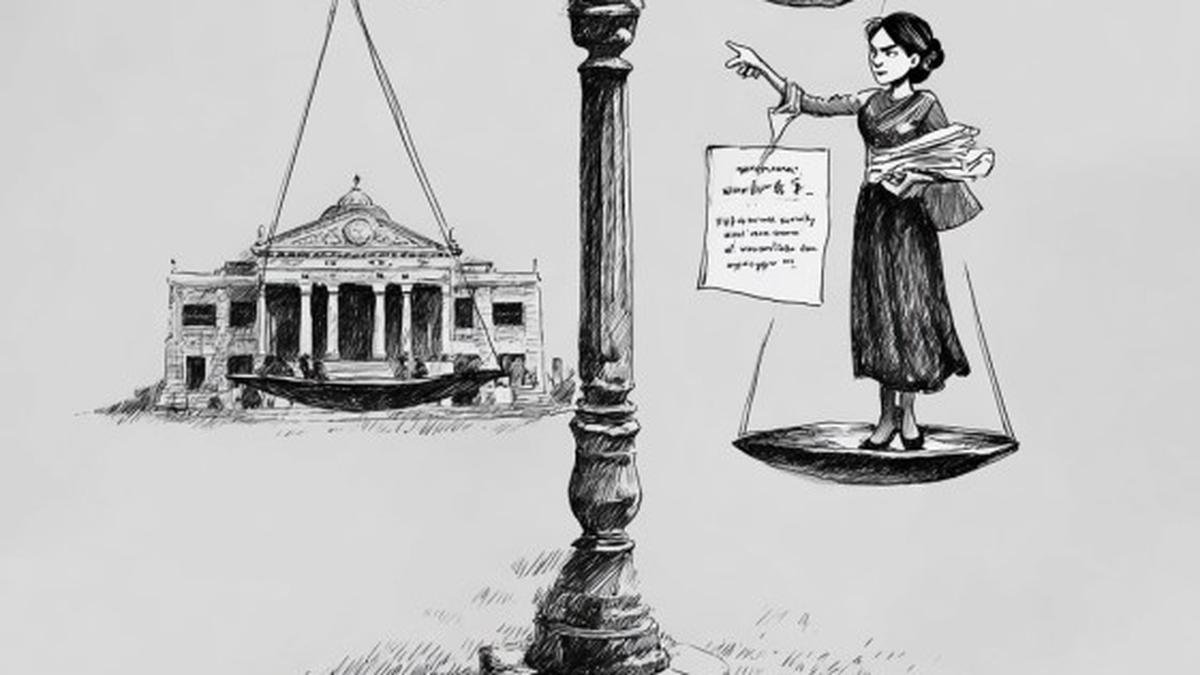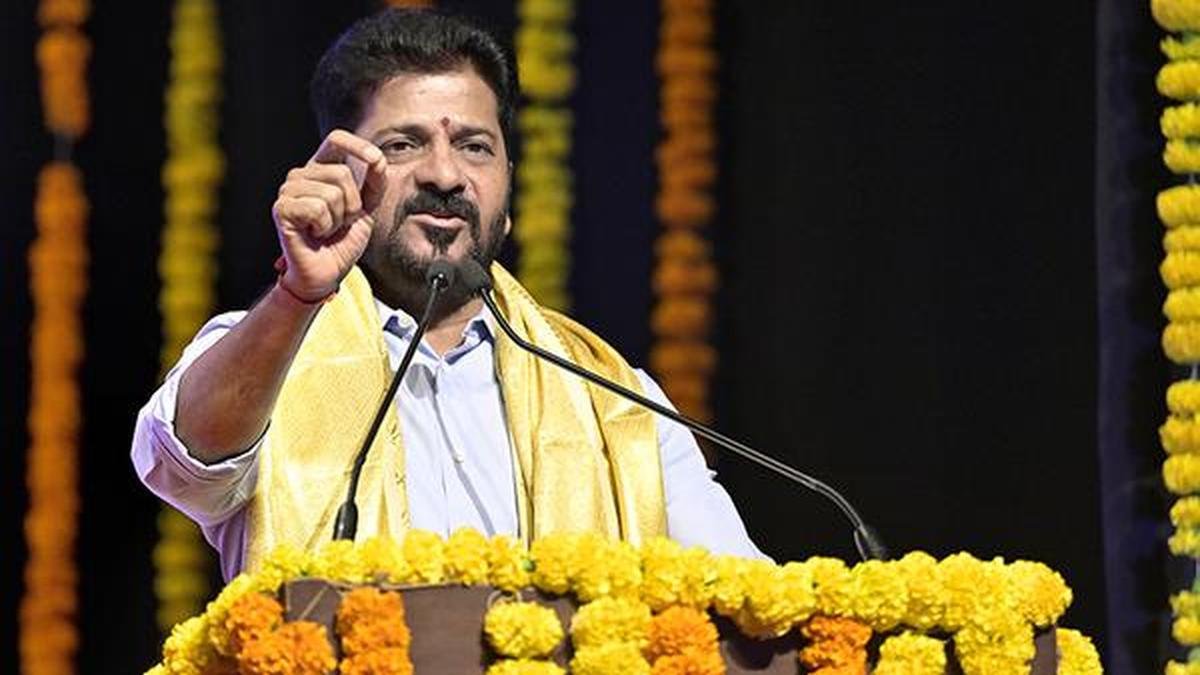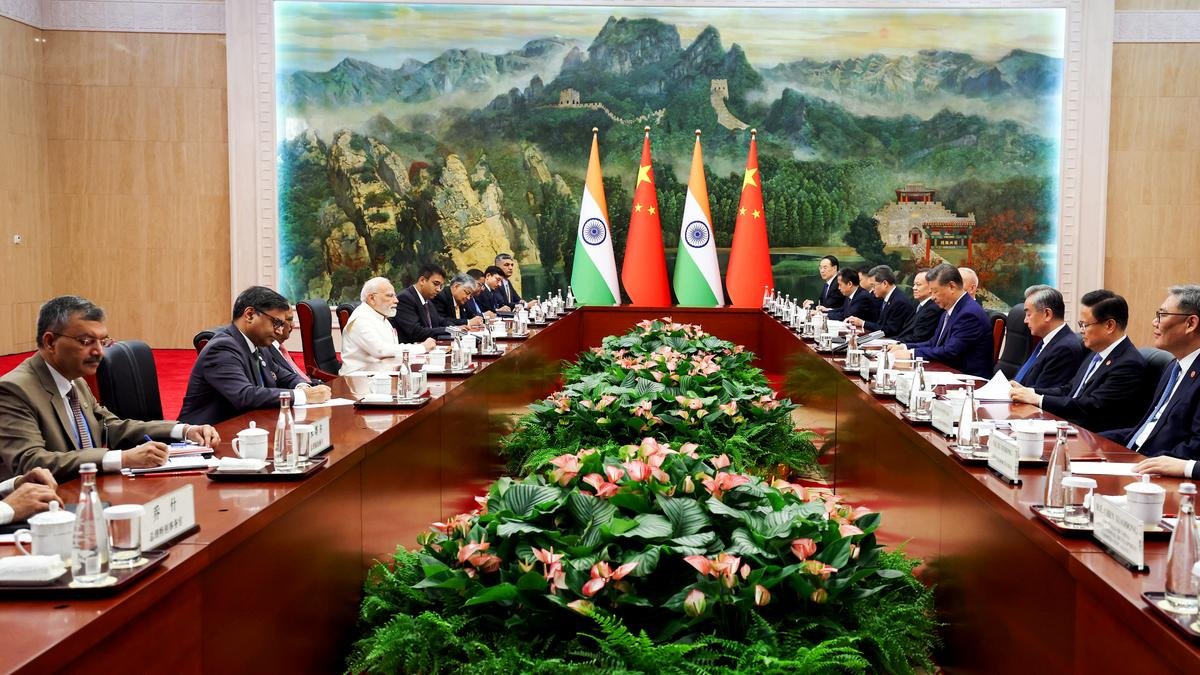Making ICCs work: Why campus redressal mechanisms fail and what must change

At higher educational institutes, Internal Complaints Committees (ICCs) are formed under the University Grants Commission (Prevention, prohibition and redressal of sexual harassment of women employees and students in higher educational institutions) Regulations, 2015. While the ICCs are meant to conduct a fair enquiry into complaints of sexual harassment, in many instances, they don’t function as per the norms stated on paper. Experts suggest a thorough monitoring of ICCs by a higher authority, a multi-pronged approach to publicise the existence of the committee, among other steps to ensure fairness. The external member’s role is designed to deliver fair proceedings in cases where internal members may not do the right thing due to fear of professional repercussions.
What’s not working
Though the ICC’s constitution is framed well on paper, several factors lead to the committee not functioning in line with the law’s intent. Lack of proper monitoring and enforcement mechanisms serves as an obstacle. Advocate B.S. Ajeetha says that, in order not to draw attention to the issue of sexual harassment, ICCs are sometimes disguised under vague titles like ‘Women Welfare Committee’ instead of using the proper legal term. Many colleges and universities do not publicise the existence or contact details of their ICCs, as legally required. For instance, institutes don’t display the names, emails, and phone numbers of people on the committee in visible areas like canteens, washrooms.
Surya, SFI President, Pondicherry University, alleges that even though the university has an ICC, it is inefficient. She says several cases remain pending, and the committee doesn’t abide by the timeline mentioned on paper. “Students who filed complaints have received no updates or reports, which is a violation of UGC guidelines that require timely responses and case updates”, she said.
As per the UGC regulations, ICC should have elected student representatives. Ms. Surya, however, alleges that in her university, students are being nominated by members of the faculty. “This undermines accountability, and these student representatives, along with faculty members, act as mouthpieces for the administration rather than supporting the complainants. They show little interest in resolving issues”, she said.
What can be done
It is recommended that the committee should have one member from amongst non-governmental organisations or associations committed to the cause of women, or a person familiar with the issues relating to sexual harassment. Ms. Ajeetha says that the external member’s role is designed to deliver fair proceedings; merely being a woman or a lawyer is not enough if the person lacks commitment to gender justice. She, however, says that, problem arises when institutes include in-house NGOs or unknown external names just to fulfill paperwork.
Ms. Ajeetha says that as long as the external member refuses to succumb to any pressure by the organisation and threatens to resign if a thorough enquiry is not conducted, one can ensure fair proceedings. In April last year, Ms. Ajeetha resigned from the post of member, Internal Complaints Committee, Kalakshetra Foundation, Chennai, “disturbed” by the response of the administration to the sexual harassment complaints levelled by some students of the prestigious institute, which offers programmes in Indian classical arts, against a few instructors.
Ms. Ajeetha has served on several ICCs and emphasizes that when the Head of the Institution and a strong external member work in alignment, even powerful wrongdoers can be held accountable. She was part of the ICC at Rajiv Gandhi Government Medical College, where she says they took firm action regardless of the seniority of the accused. Ms. Ajeetha was also on Kalakshetra’s ICC for about four years and says the committee was functioning well during her tenure. Awareness programs were regularly held, and student complaints were taken seriously.
Ms. Ajeetha says that internal members must recognise that this is a statutory obligation, not optional. Fear of professional repercussions should not stop committee members from doing what’s right. The most important thing is the awareness of women, which requires a multi-pronged approach. “The act itself says that every government has a duty towards publicising this act. In their budget, however, for advertisements, they don’t give even 5 or 10%”, she said.
Ms. Ajeetha suggests mandatory information dissemination of the act and ICC details during the time of admission at colleges, in the same way as the anti-ragging advisory is distributed. She also calls for a monitoring mechanism to ensure that ICCs are properly formed and functioning. This could be done by the State Women’s Commission, which can be given authority to oversee implementation.
Published – August 29, 2025 01:24 pm IST
Discover more from News Hub
Subscribe to get the latest posts sent to your email.






